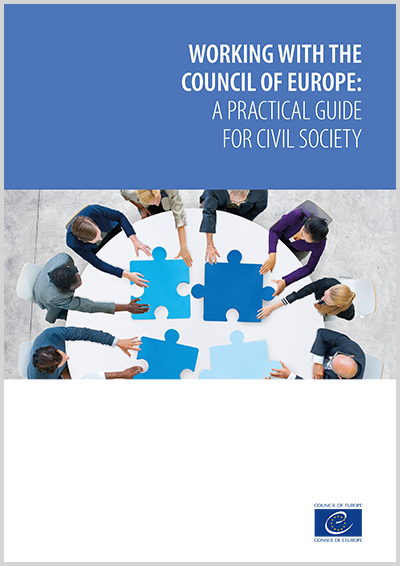Roma and Travellers

A Council of Europe dialogue with Roma and Traveller organisations is held bi-annually. The dialogue serves as a forum for Roma and Traveller civil society, the Council of Europe and other stakeholders to improve their knowledge by exchanging experiences and sharing examples of good practices, and to plan future co-operation activities at national and local level. Its agenda is result-oriented and enables Roma and Traveller organisations to bring their concerns and suggestions directly to the attention of the Organisation.
The Council of Europe provides support to standard-setting, monitoring, and co-operation activities at various levels, including peer reviews and thematic exchanges of expertise. It also carries out joint programmes with the European Union, such as INSCHOOL, JUSTROM, ROMACT, and ROMACTED. NGOs contribute to the design and implementation of strategic documents and public policies at local level which target the Roma community.



